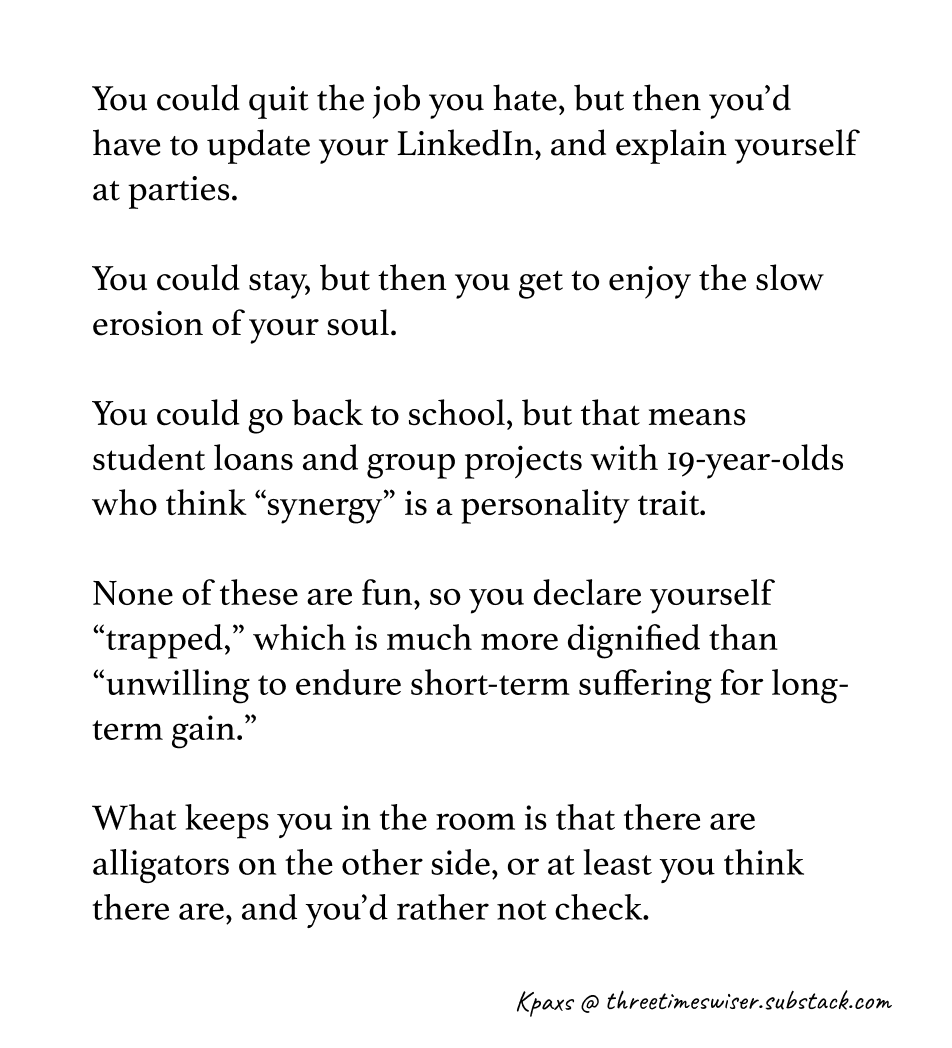Decision Simplification Emerges as Key Principle in Kpaxs's "Decision Hygiene" Series

A new principle advocating for the simplification of decisions has been introduced by the independent voice Kpaxs, as part of their ongoing "Three Times Wiser" series. The second law of decision hygiene, shared via social media, states, > "The second law of decision hygiene is that most decisions benefit from simplification," highlighting a critical aspect of effective decision-making. This follows the first law, which asserted that most decisions do not benefit from extra time.
The concept of "decision hygiene" originates from the work of Nobel laureate Daniel Kahneman, co-author of the book "Noise: A Flaw in Human Judgment." This framework emphasizes preventative measures to minimize "noise" and improve the quality of human judgments. It aims to reduce cognitive overload by simplifying options and setting clear objectives, much like physical hygiene prevents illness.
Simplification in decision-making involves streamlining complex choices and focusing on what truly matters. Experts suggest that reducing the number of options and setting clear boundaries can help individuals and organizations make more deliberate and informed choices. This approach is seen as a proactive strategy to avoid biases and errors that can arise from excessive complexity.
The "Three Times Wiser" series by Kpaxs appears to be distilling practical wisdom for improved judgment. By advocating for simplification, Kpaxs aligns with broader principles of decision science that seek to enhance clarity and effectiveness in various contexts. The ongoing discussion around these "laws" underscores a growing interest in structured approaches to navigate an increasingly complex world.